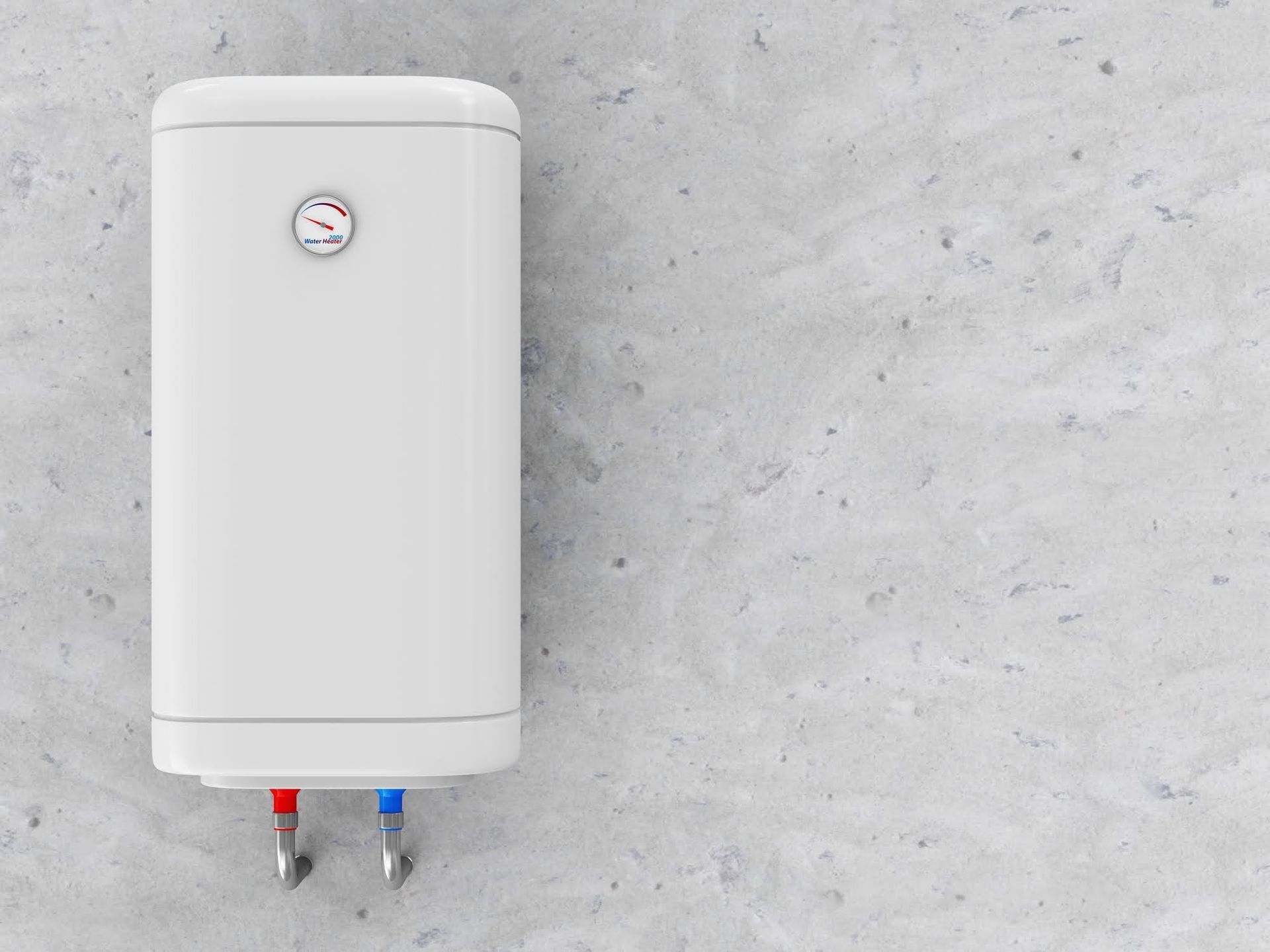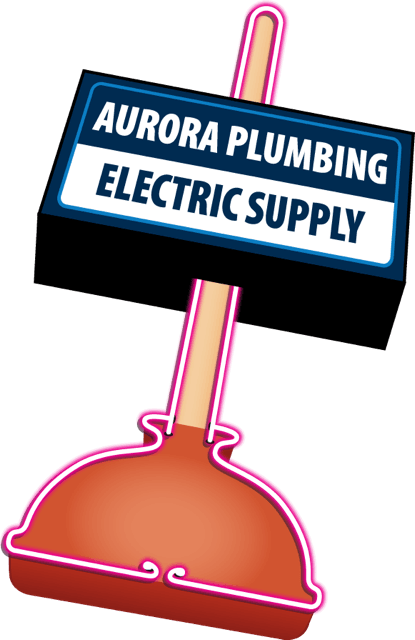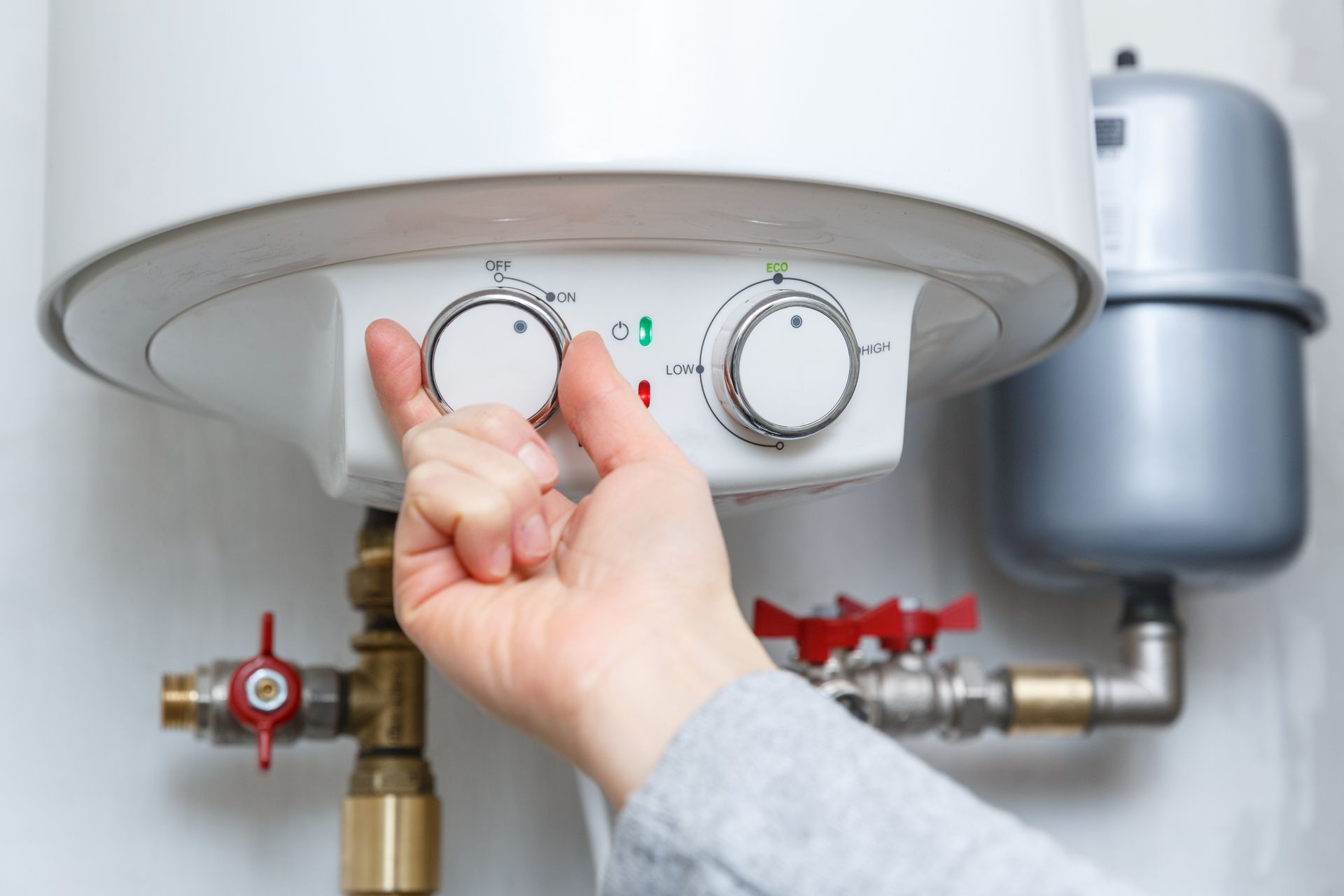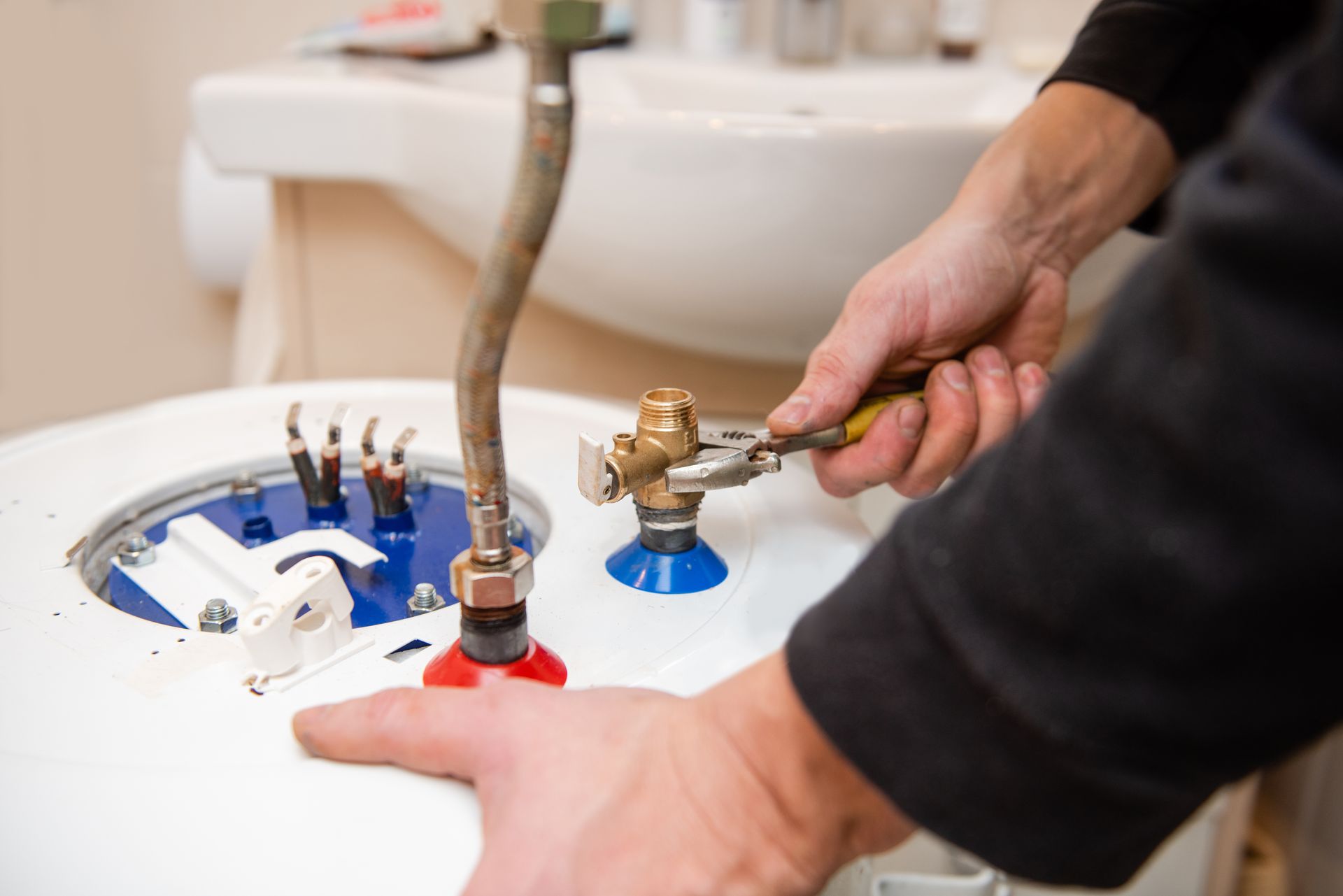The Cost-Efficiency of Tankless Water Heaters: Saving Money and Energy

In the pursuit of making our homes more energy-efficient and cost-effective, tankless water heaters have emerged as a popular choice for many homeowners. Unlike traditional water heaters that use a tank to store a large amount of water and heat it continuously, tankless water heaters only heat water as it is needed.
This modern approach to water heating not only saves energy but can significantly impact your monthly utility bills, making it a smart investment for both your pocket and the environment.
Here are some ways that tankless water heaters can save you money.
Energy Efficiency: The Key to Savings
Tankless water heaters operate by heating water directly as it flows through the unit. When you turn on the tap or a household appliance that requires hot water, the tankless system quickly heats the water to the desired temperature. This "on-demand" mechanism eliminates the need for constantly heating and storing a large volume of water.
The first notable cost-saving advantage of tankless water heaters comes from their energy efficiency. Traditional tank water heaters have to keep a large tank of water continuously heated to the set temperature, even when you're not using hot water. This process, known as standby heat loss, is a major source of energy waste and increased utility bills.
On the other hand, tankless water heaters only consume energy when hot water is needed, significantly reducing standby heat loss and thus lowering your energy consumption and costs. According to the U.S. Department of Energy, a tankless water heater can save you up to 34% on your energy bills if you use 41 gallons or less of hot water per day, and up to 14% if you use more than that.
Extended Lifespan: A Great Investment
Additionally, tankless water heaters have a longer lifespan compared to traditional tanks. If you maintain a tankless unit properly, it can last an average of 15 to 20 years. However, a conventional unit that includes a tank will likely last about 10 years or less. The additional years of use for tankless water heaters help you avoid frequent replacements, saving you money in the long run.
The amount of money that you can save with a tankless water heater over the years depends on several factors, such as the size and efficiency of the unit, the flow rate and temperature of the incoming water, the number and type of fixtures that you use, and the fuel source that you use (electricity or natural gas).
Long-Term: Incentives and Overall Savings
Installation costs may be slightly higher for tankless water heaters compared to traditional tanks, but the long-term savings outweigh the initial investment. Moreover, many utility companies offer incentives and rebates for installing energy-efficient appliances like tankless water heaters, further reducing the overall cost and making it a financially wise decision.
Space-Saving Design: A Smart Use of Space
Another financial benefit of tankless water heaters comes from their compact design and space-saving features. Traditional tank water heaters are bulky and take up a significant amount of space, often requiring a dedicated utility closet or basement area. In contrast, tankless units are small and can be installed on walls, inside cabinets, or even outdoors.
This space-saving characteristic can free up valuable space in your home that you can utilize for other purposes or storage, potentially increasing your property's overall value.
A tankless water heater is a smart choice for those looking to save money on energy bills, reduce their carbon footprint, and make a long-term investment in their home. The energy efficiency, longevity, and space-saving advantages of tankless water heaters make them a cost-effective solution that not only benefits your wallet but also contributes to a more sustainable and eco-friendly lifestyle.
If you would like to purchase a tankless water heater for your home, contact Aurora Plumbing and Electric Supply. Our trained professionals can help you select the best option for your home.













